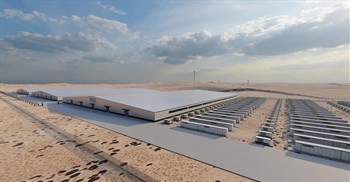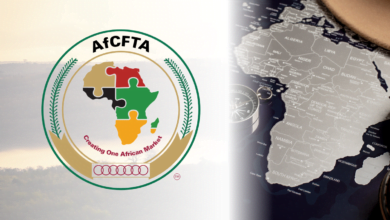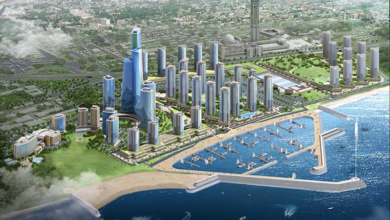
The military-civil crisis which has ragged the country for almost a decade and the climate challenges push the Ivorian agricultural producers to develop « resilience”. ADB organized on January 10 and 11, the first African forum on the theme, to support them in meeting these new production challenges.
When the military-civil crisis broke out on September 19, 2002, coffee and cocoa producers in the Man area were distraught. Their area is occupied by a branch of the armed rebellion that seizes the products. Ten years later, though everything is not to be rebuilt, the producers seek to better govern their tool to meet new challenges.
Merging in association
Obed Blondé Doua, Chairperson of the union of agricultural workers of Cote d’Ivoire (Synttaci) recalls that « when the crisis broke out, the administration left the region. The new officials, the rebels, only sought to recover the production without a plan to support it. »
Then, the Chairperson of the union had to bring the professionals around « a federation comprising 21 sub-prefectoral associations and 16 103 producers » but especially to ensure the revenues of the sector: « at that time, we were looking for a certified buyer. We lobbied and got pick-up vehicles from rebels through the secretary of economy, Moussa Dosso. »
Improving governance
For the forum participants, resilience is primarily linked to the political and democratic issues of the continent. In other words, there is no need to talk about resilience in poor security, says Cheick Tidiane Gadio, former Foreign Minister of Senegal: « We cannot disconnect Africa’s struggle – to move from resilience to prosperity – from poor security that has become a hurdle in the continent. »
In addition, Mamadou Traoré, former Director-General of the National Institute of Social Training, said that «good governance is crucial to stem these evils. » For the former DG, now a teacher, «if democracy is imposed to us, so should be good governance, and I believe resilience is the adoption of good governance. »
Adapting to the environment
«The rural environment in Ivory Coast is constantly confronted with difficult situations that are often stressful – a continuing decline in export prices, land conflicts and climate effects. To meet all these challenges, the populations develop a resilience to rebound. » said Yao
KOFFI, Specialist in Rural Space and Regional Planning, and Vice-Dean of the Péléforo Gon Coulibaly University in Korhogo, Ivory Coast.
For the academician, resilience, therefore has to do with adaptation to climate, ecological and speculative conditions. His research work shows that « the Farmers react according to the natural potential of their settlement area. And this helps deduce some good practices, such as « replacing speculation whose price falls by another more profitable; move towards food crops to compensate for the shortfall; and look for alternatives with, for example, cashew in the savannah regions. »
Innovating, planting, sharing
If the adoption of new agricultural varieties allows both to adapt to speculative and climate constraints, the last challenge for producers is linked to the land.
«To address the recurring land tenure problems, we have observed that rural communities are now introducing new ways of accessing land that differ from one region to another. But, the main idea of this land mutation is the shared land rental. This innovation, commonly known as « planting-sharing » may, according to the vice-dean of the UFR of Social Sciences, be explored for the agricultural sector in Ivory Coast. »





